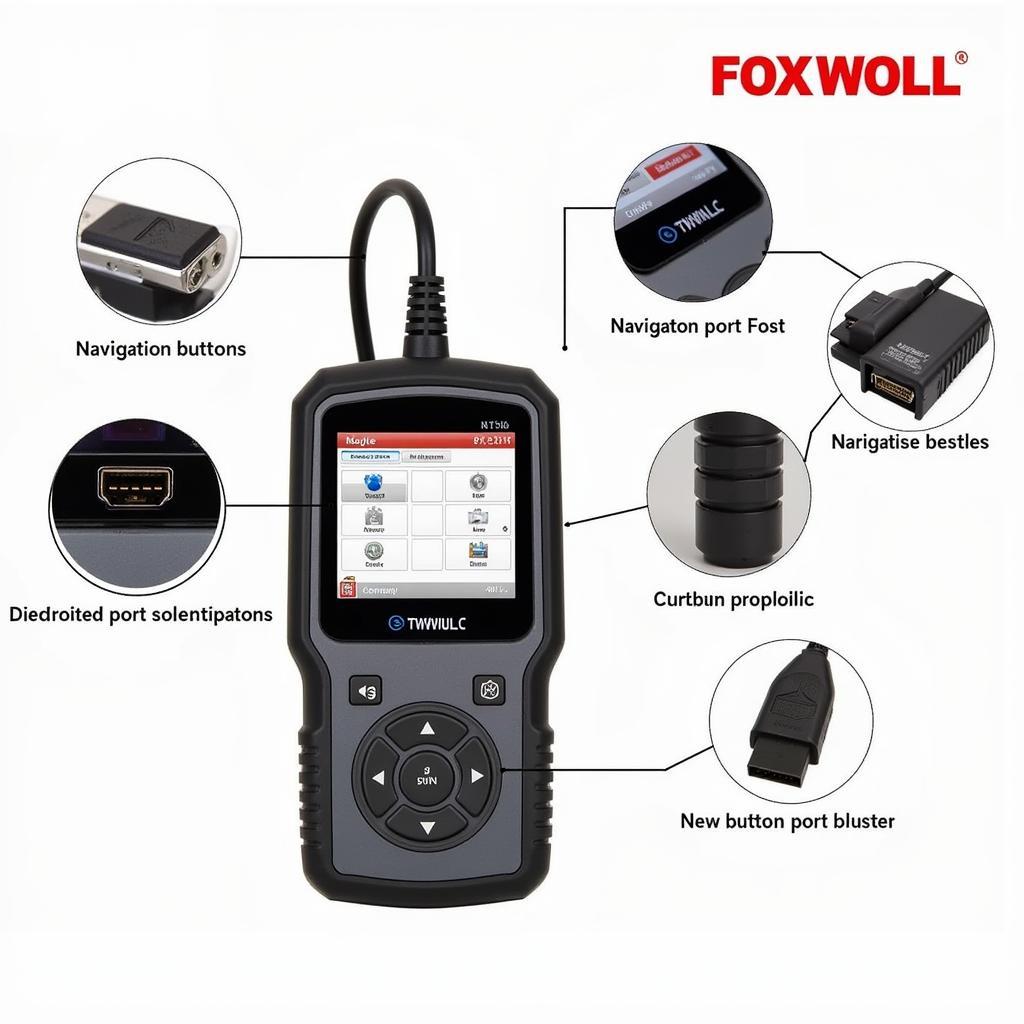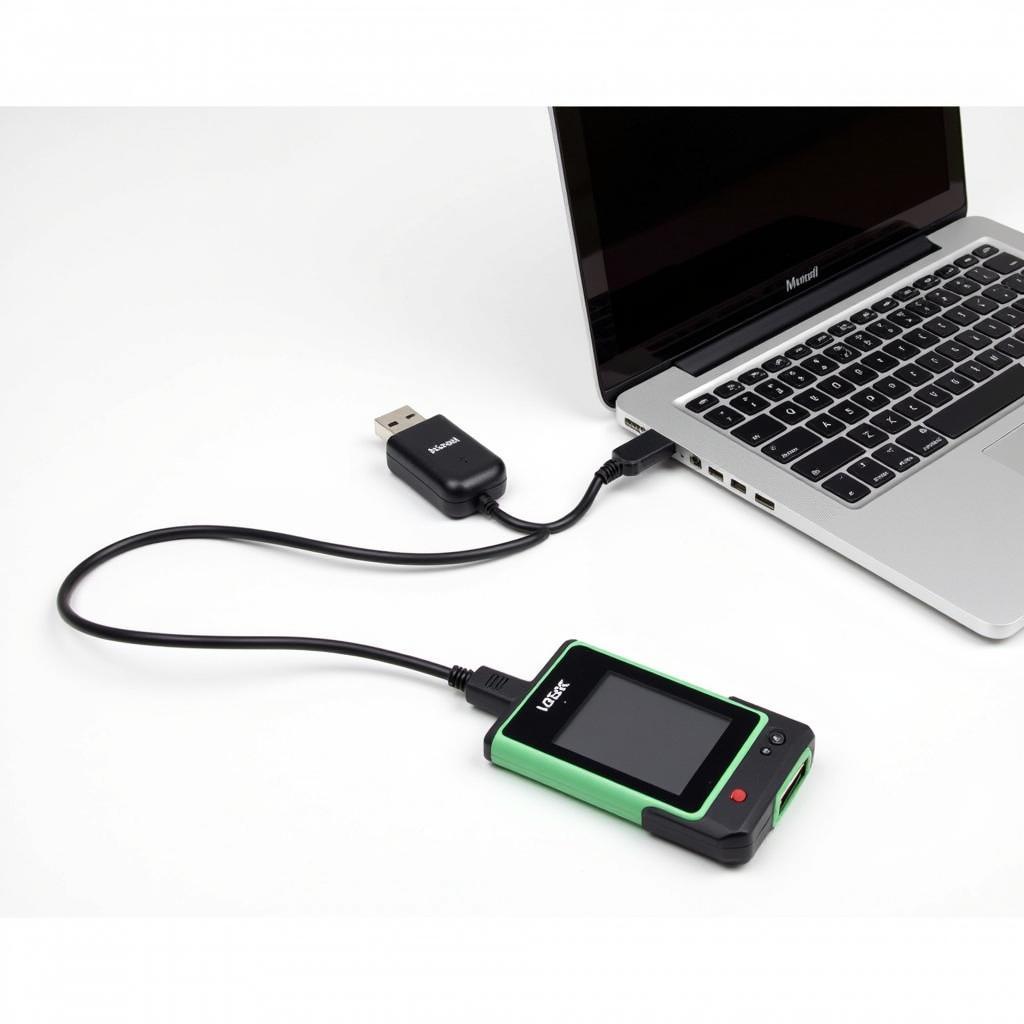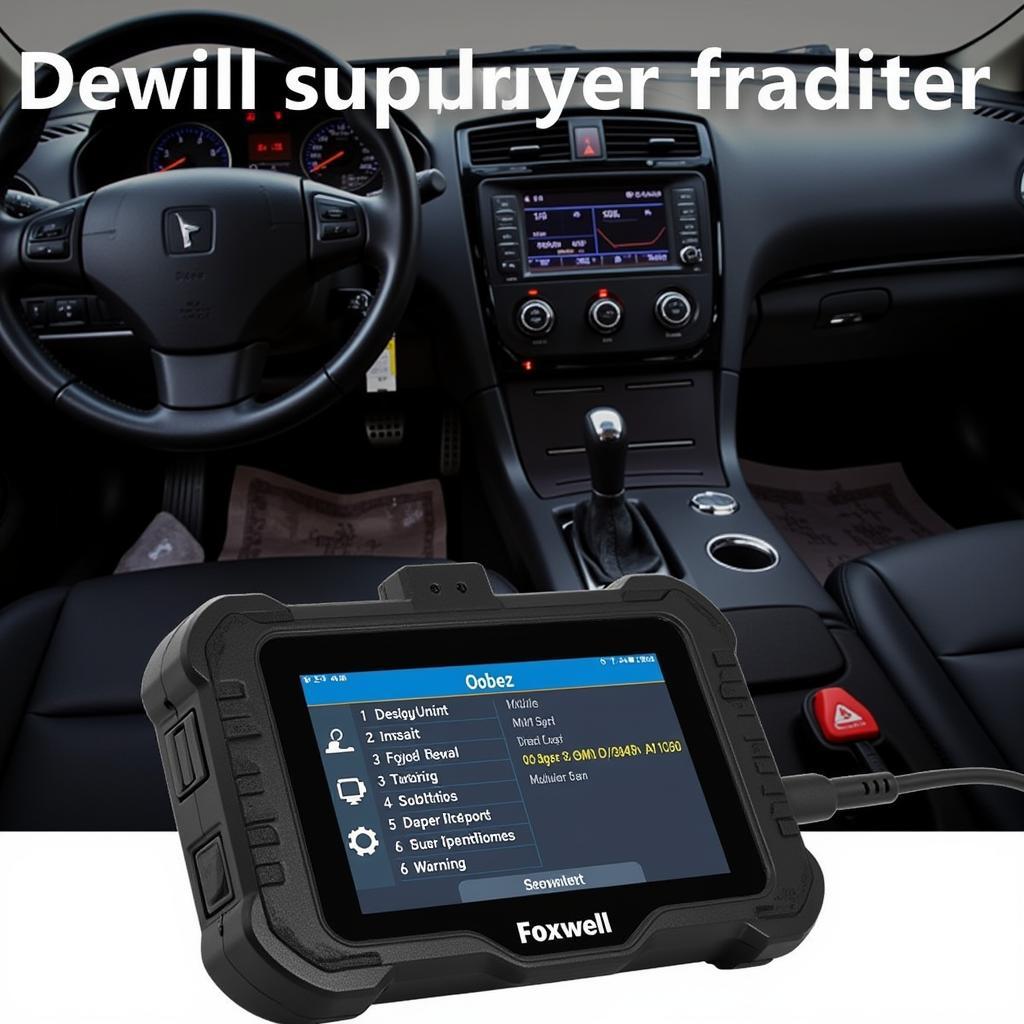Hayley Foxwell Instagram has become a go-to source for car enthusiasts and everyday drivers alike, offering a blend of automotive knowledge and engaging content. As vehicles become increasingly complex, understanding the technology within them, especially for diagnostics and repairs, is more important than ever. Whether you’re a DIY mechanic or searching for reliable information online, navigating the world of car repair can be daunting. This article delves into the evolving landscape of automotive technology, empowering you with the knowledge and resources to tackle car problems confidently.
The Rise of Software-Driven Cars and the Need for Specialized Tools
Modern vehicles are essentially computers on wheels, controlled by intricate software systems that manage everything from engine performance to safety features. This shift towards software-defined vehicles presents both challenges and opportunities for car owners and repair shops.
Traditional diagnostic methods often fall short in deciphering the intricate codes and data streams generated by these advanced systems. This is where specialized diagnostic tools come into play.
“Investing in a high-quality diagnostic tool is no longer optional for serious DIYers or professional mechanics,” says Ethan Carter, a seasoned automotive engineer with over 15 years of experience. “These tools provide a window into the vehicle’s electronic control units (ECUs), allowing you to read and interpret fault codes, monitor live data streams, and even perform advanced functions like coding and programming.”
Empowering DIY Mechanics: Common Car Problems and Solutions
While some car issues require professional expertise, many can be diagnosed and even repaired by car owners themselves. Having a basic understanding of common car problems and the right tools can save you time and money.
Engine Performance Issues
One of the most frequent reasons drivers seek help is engine trouble. Symptoms like rough idling, reduced fuel efficiency, or a check engine light could indicate problems with spark plugs, fuel injectors, or sensors.
Troubleshooting Tips:
- Check Engine Light: Begin by reading the diagnostic trouble codes (DTCs) using an OBD-II scanner. These codes provide valuable clues about the root cause of the problem.
- Visual Inspection: Inspect spark plugs for wear and tear, check air filters for clogging, and examine vacuum hoses for leaks.
- Fuel System: Consider using a fuel system cleaner to address potential issues with fuel injectors or clogged fuel lines.
Battery and Electrical Problems
A dead battery is a common culprit for a car that won’t start. However, electrical issues can extend beyond the battery itself, often involving the alternator, starter motor, or wiring.
Troubleshooting Tips:
- Battery Test: Use a multimeter to check the battery voltage. A fully charged battery should read around 12.6 volts.
- Alternator Check: With the engine running, the alternator should maintain a voltage of around 14 volts.
- Jump Starting: If the battery is dead, safely jump-start your car using jumper cables and a working battery.
Brake System Issues
A spongy brake pedal, unusual noises when braking, or a longer stopping distance are all red flags for brake system problems. These issues often stem from worn brake pads, leaking brake fluid, or problems with the hydraulic system.
Troubleshooting Tips:
- Brake Pad Inspection: Regularly inspect your brake pads for wear. If the friction material is thin, it’s time for a replacement.
- Brake Fluid Check: Ensure the brake fluid level is within the recommended range and that the fluid appears clean and free of contaminants.
- Professional Inspection: Brake system issues can be complex and potentially dangerous. If you suspect a problem, it’s crucial to have your brakes inspected by a qualified mechanic.
Hayley Foxwell Instagram: A Valuable Resource for Car Enthusiasts
In the digital age, platforms like Hayley Foxwell Instagram provide accessible and engaging content for car lovers of all levels. These online communities offer a space to connect with fellow enthusiasts, share tips, and learn from each other’s experiences.
“The beauty of platforms like Instagram is their ability to break down complex topics into easily digestible snippets,” says Amelia Sanchez, an automotive journalist and social media influencer. *”Engaging visuals, step-by-step guides, and real-time Q&A sessions can empower individuals to tackle car maintenance with more confidence.”
Conclusion
From understanding the intricacies of software-defined vehicles to troubleshooting common car problems, staying informed is key to navigating the ever-evolving world of automotive technology. By leveraging the right resources, including online communities like Hayley Foxwell Instagram and investing in quality diagnostic tools, car owners and mechanics can confidently take on the challenges of modern vehicle repair.
Need expert assistance with your automotive needs? Contact ScanToolUS at +1 (641) 206-8880 or visit our office at 1615 S Laramie Ave, Cicero, IL 60804, USA.
FAQs
1. What is an OBD-II scanner, and why do I need one?
An OBD-II scanner is an electronic device that connects to your car’s computer system, allowing you to read and clear diagnostic trouble codes (DTCs). These codes indicate potential problems with your engine or emissions system.
2. How often should I check my car’s battery?
It’s a good idea to check your car battery at least every six months, especially during extreme weather conditions. Use a multimeter to check the voltage and look for signs of corrosion on the terminals.
3. Can I replace my car’s spark plugs myself?
Yes, replacing spark plugs is a relatively straightforward DIY task. However, it’s essential to consult your car’s owner’s manual for the correct gap specifications and torque settings.
4. What should I do if my check engine light is flashing?
A flashing check engine light usually indicates a serious engine problem that requires immediate attention. It’s best to avoid driving the car and contact a mechanic as soon as possible.
5. Where can I find reliable car repair information online?
Besides platforms like Hayley Foxwell Instagram, reputable websites like those of car manufacturers, automotive magazines, and forums dedicated to specific car models can provide valuable repair information.



